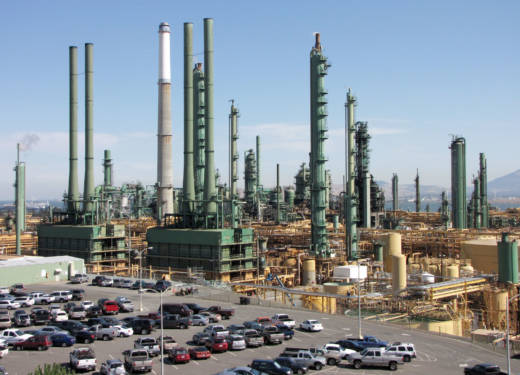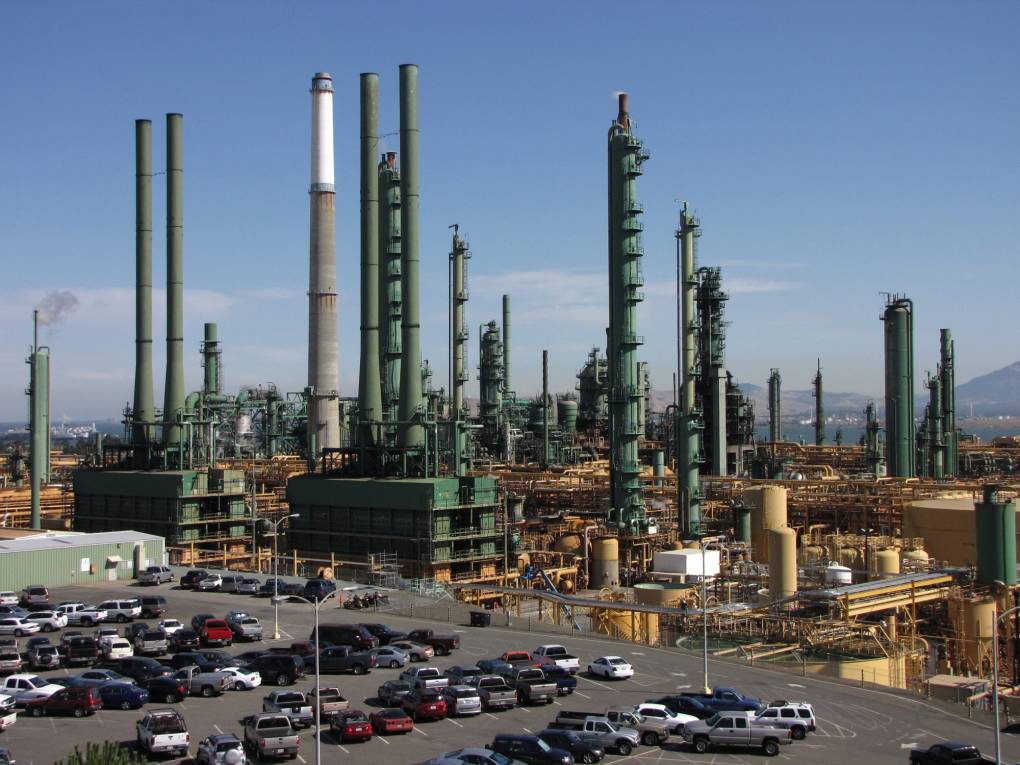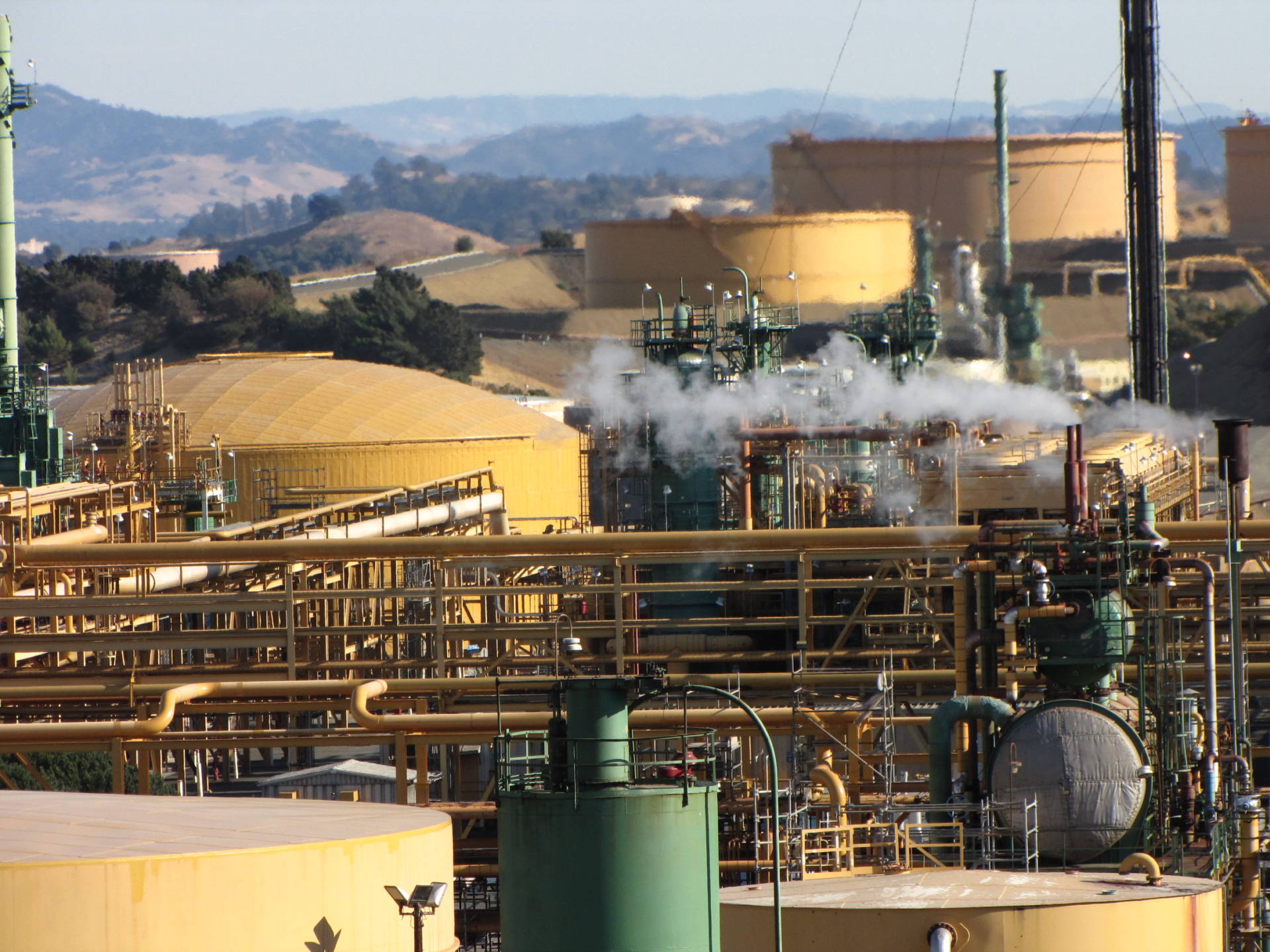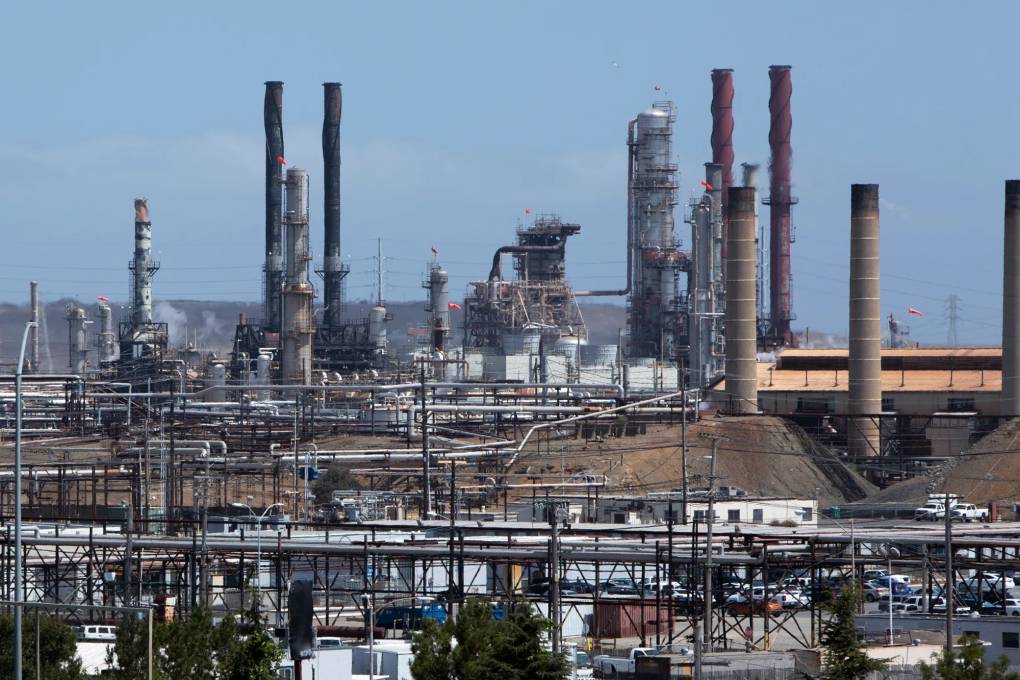But she also acknowledges that the campaign work by the company's PAC is not helping the two sides get along.
"The relationship needs to improve and may have had a setback with this election cycle and Valero's formation of a PAC," Strawbridge said in an email.
"There is now a continued lack of trust within the community about the methods used during the election that were similar to 2018," she added. "Once again, Valero has gone after my opponent with negative ads. That does not work in Benicia."
Strawbridge believes the pushback from Valero's critics has also gone too far.
"There has been a concerted effort to discredit me on social media and the local paper by supporters of my opponent," Strawbridge said. "As mayor of Benicia, I plan to heal the divide our city has experienced for many years."
Strawbridge touts her experience promoting nonprofits, preserving historic buildings and advocating for parks and local tourism. She says her background in small business will help guide the city through the pandemic.
A third mayoral candidate, Jason Diavatis, who has not been supported or opposed by the Valero PAC, did not respond to a request for comment.
Influence in California
Valero's donations to the PAC represent just one place the oil company has made campaign contributions to influence California races.
The oil giant and its various political action committees have contributed at least $14.1 million to California groups and congressional candidates in the state since 2015, according to a review of state and federal campaign finance data by MapLight, a Berkeley-based nonprofit that follows money in politics.
Jason Kaune, the Benicia PAC's treasurer and head of political law at Nielsen Merksamer, a Sacramento-based lobbying firm, declined to comment. A Valero spokeswoman also did not return a request for comment.
The work of a similar PAC in the 2018 election led to a significant divide in Benicia, pitting environmentalists against refinery workers.
During that election, the city filed a complaint with state campaign finance regulators, alleging that Valero sponsored a so-called push poll intended to negatively characterize Birdseye, the environmental candidate. The state's Fair Political Practices Commission, though, declined to investigate the calls.
The dispute led the City Council to approve stronger disclosure rules for political committees involved in local elections.



